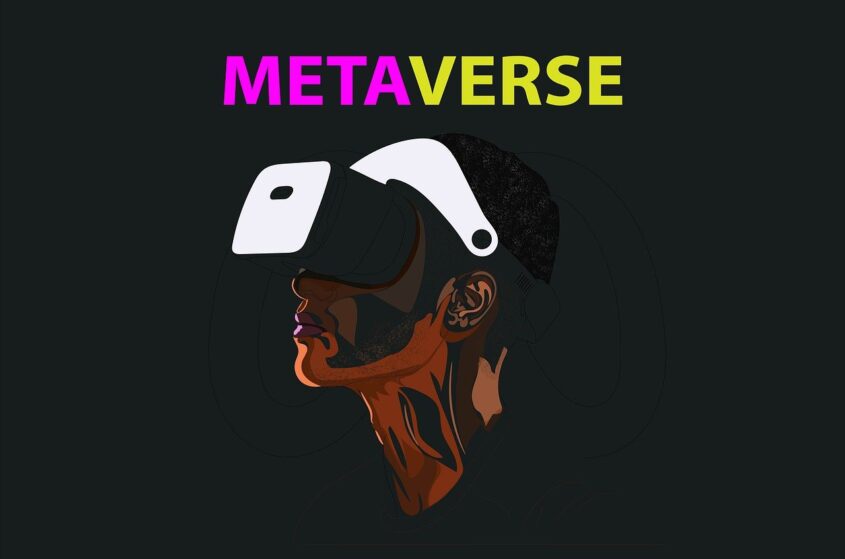Legal IP Issues in the Metaverse
The burgeoning concept of the metaverse, a virtual space where users interact in a computer-generated environment, has not only captured the imagination of tech enthusiasts but has raised significant legal questions, particularly in the realm of intellectual property (IP). As individuals and businesses increasingly engage in virtual worlds, protecting and enforcing IP rights has become a complex challenge. We highlight 2 interesting scenarios below:
1. Digital Collectibles and Virtual Property
Users invest money, time and resources in creating or buying virtual assets, such as unique in-game items, virtual real estate or non-fungible tokens (NFTs). The ownership and sale/transfer of these virtual assets raise questions about copyright protection.
Specifically on NFT, a notable case is the dispute between digital artist, Mason Rothschild, and the famed French luxury house, Hermes, over Rothchild’s sale of a collection of luxury NFTs known as “MetaBirkin”. On 23 June 2023, the US federal judge had permanently block the sales of “MetaBirkin” on the basis that there was no semblance of artistic expression in Rothschild’s work (ie. unauthorised replication) and as such, continued marketing of those NFTs would violate Hermes’ trademark rights (essentially, a rip-off). Hermes alleged that Rothschild had intentionally misled customers into believing that Hermes was backing its product1. The case has now clarified that trademark rights in the real world equally apply to the virtual world.
2. Avatar Identity and Well Known Character
Avatars are virtual representations of users. Questions emerge regarding the identity associated with these avatars. In some cases, users have created avatars resembling famous personalities, leading to potential trademark or copyright infringement claims. For instance, if a virtual world allows the creation of an avatar resembling a well-known celebrity, it could trigger legal action based on unauthorized use of likeness, trademark infringement or passing off as in the case of the world famous pop star, Rihanna and the Arcadia Group Brands (T/A Topshop)2.
In summary, determining the rightful owner of virtual creations and the extent of copyright protection may be challenging. The legal framework must adapt to address these intricate challenges it presents in a way that strikes a balance between fostering innovation while also safeguarding rights of the IP holders. The intersection of technology, creativity and law in the metaverse is undoubtedly a frontier that will continue to shape the future of intellectual property.
1 https://www.reuters.com/business/hermes-wins-permanent-ban-metabirkin-nft-sales-us-lawsuit-2023-06-23/
2 https://www.judiciary.uk/wp-content/uploads/2015/01/fenty-others-v-arcadia-others1.pdf
